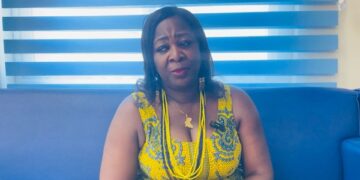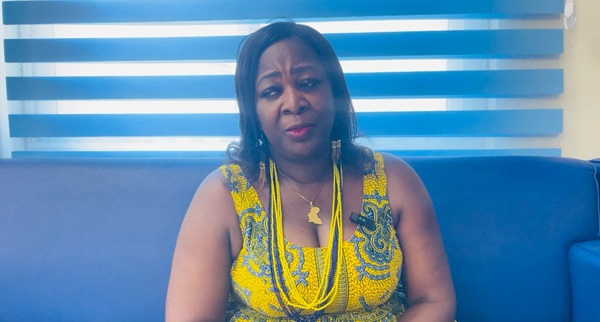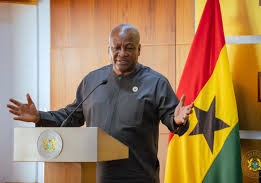As Ghana celebrates Heritage Month, concerns are growing over the decline of Ghanaian languages, particularly among younger generations. Many parents, in an effort to prepare their children for global opportunities, prioritize English over local dialects, raising fears that indigenous languages may slowly fade away. There is more in the following report.
In schools and homes across Ghana, English has become the dominant language of communication, with some parents actively discouraging their children from speaking their native tongues. Experts warn that this shift threatens Ghana’s rich linguistic heritage and could eventually lead to the extinction of some indigenous languages.
Globally, International Mother Language Day is celebrated on February 21 every year, and this year’s theme is Silver Jubilee. Dr. Esther Wiafe Akenten, a lecturer at the University of Media, Arts, and Communication, founder of the Language Worth Foundation, and the first PhD holder in Twi, commended this year’s celebration.
She noted that more people are making a conscious effort to speak their mother tongue, a step she considers encouraging.
“It was one of the best, especially hearing our parliamentarians speaking our mother tongue, which was encouraging because they are models. And for the young ones listening to them, they will grow and appreciate their mother tongue. People are now making the effort to speak their mother tongue and to use it in some official setting that is used to promote our mother tongue,” she encouraged.
A 2021 study by Nyamekye Ernest, conducted at the University of Cape Coast’s College of Education Studies, examined the use of Ghanaian languages as the language of instruction at the Junior High School level. The research revealed that while Ghanaian languages were found to be effective for teaching and learning, many students still preferred a complementary approach that included both English and their local languages.
On the streets of Accra, Ghanaians shared their views on the growing trend of parents insisting their children speak English over their native languages.
“Most of Ghanaians like to speak English with their children in the house and everywhere they are then to speak their own language. When you go to our villages, most of the kids there speak their local dialects, it is only wine you come to the city that you see some parent force their wards to speak English. Due to the rate we speak English, my younger brothers are not able to express themselves well to me in our language. We can’t throw our culture away,” they expressed.
Linguists and cultural advocates argue that language is a vital part of identity, and its loss could erode Ghana’s cultural roots. They are calling on policymakers and educators to strengthen local language instruction in schools and encourage families to embrace indigenous languages at home.
Dr. Akenten urged parents to actively encourage their children to speak Ghanaian languages, emphasizing that doing so would help preserve Ghanaian culture and traditions for future generations.
“I always encourage people to speak their mother tongue, and in doing so, by speaking their indigenous languages, they get to know their culture, heritage and identity are embedded in their language. When you know the language, and you speak it, you get to know your culture, history and the traditional wisdom that our forefathers left in the language,” she added.
As Heritage Month draws to a close, the question remains: How do we protect our languages for the future?
By Andy Oppong Dankyi.





















